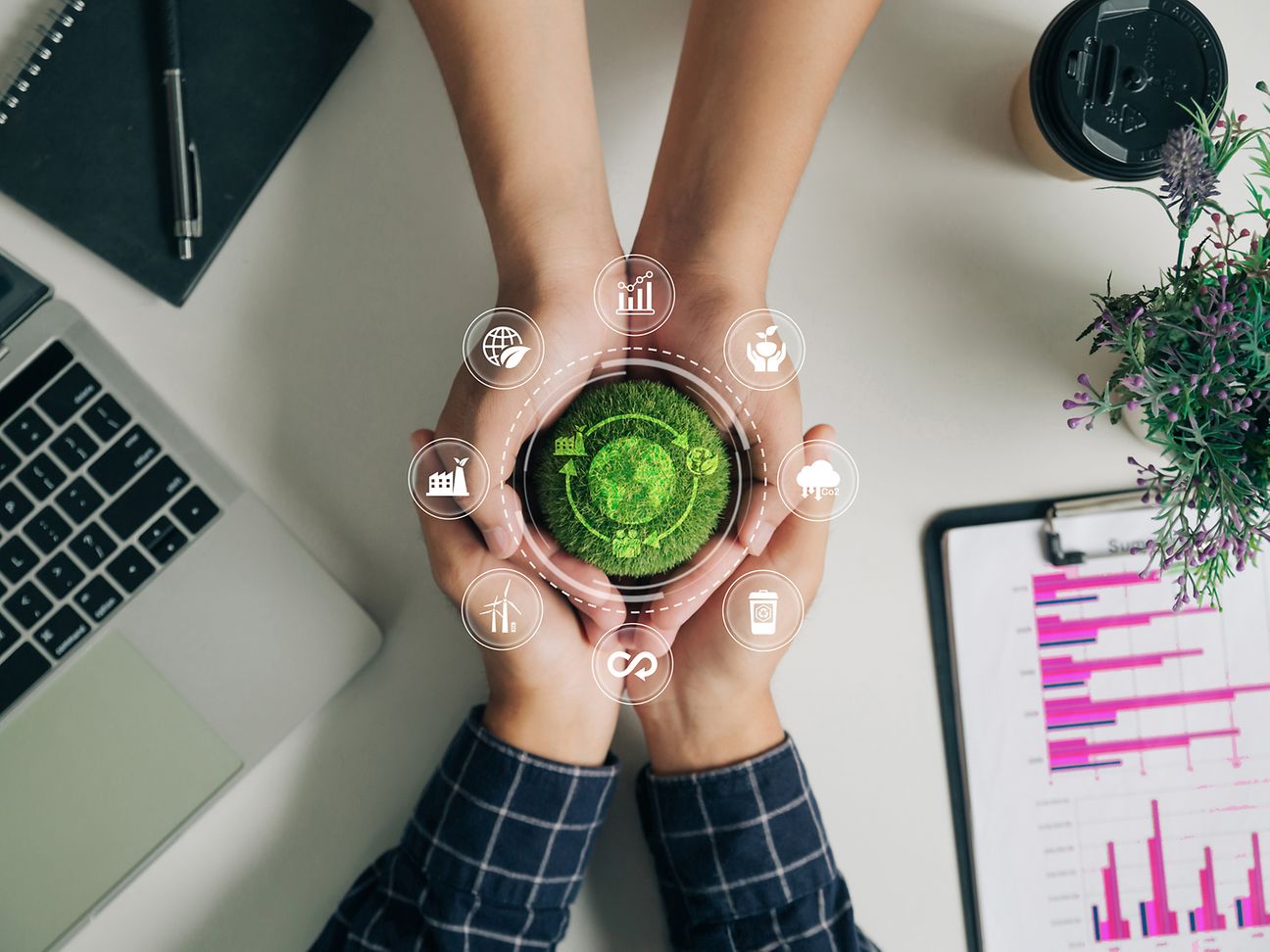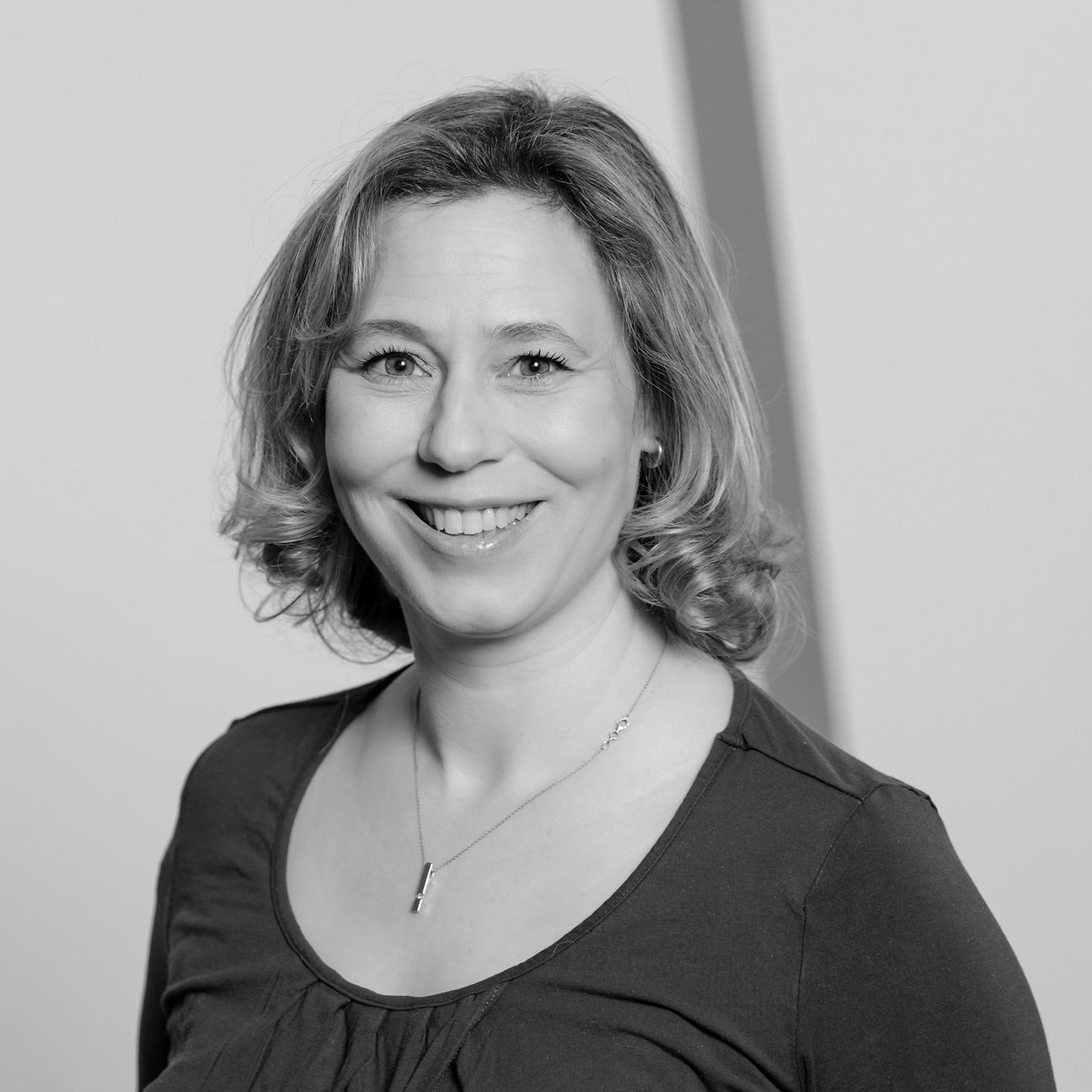Net zero as a team sport
“We no longer focus solely on the price of the product, but also the price paid by the environment. Both have to be low,” said CEO Tim Höttges to shareholders. Deutsche Telekom’s buyers use a two-pronged approach when selecting IT and network technology.
Deutsche Telekom wants to become the leading digital, sustainable telco and has set itself ambitious environmental goals to achieve this: we want to reduce our emissions by 55 percent by 2030 and achieve net zero by 2040 across the entire chain from production to customers. We aim to make our technologies and devices fully compatible with a circular economy as early as 2030. These targets can only be achieved by joining forces with our suppliers, which means project managers and buyers must increasingly take sustainability criteria into account in their supplier selection when buying in large volumes.
So where do we stand right now?
Climate change and the scarcity of resources are long-term trends which also influence Deutsche Telekom. Data centers’ cooling systems can be challenged thanks to hotter summers and a scarcity of raw materials can impact the prices and availability of components needed for IT and network technology. The Group has already set a strong example internally: by implementing energy efficiency measures and buying in renewable energy alone, its Scope 1 and 2 CO2 emissions are already more than 94 percent lower than in 2017. Our own devices have been offered exclusively using plastic-free, sustainable packaging in Europe since last summer.
Harnessing our market power to drive change
The Group is already working to fine-tune its internal emissions – but more than 80 percent of our climate-related emissions fall under Scope 3 and are largely generated in the supply chain. Our suppliers are therefore important partners in making the value chain more sustainable. Circular-economy requirements are also taken into account when designing and producing a product: using recycled, environmentally-friendly resources, making products easy to repair, and making it possible to recycle components and raw materials at the end of the product’s life cycle. Good deals account for all of these criteria when selecting suppliers. At Deutsche Telekom, these criteria are given a weighting of 20 percent for decisions in procurement projects.
“If we make it clear to our suppliers that ecological criteria will play a bigger role in our procurement decisions in future, it will have an influence on the entire industry,” explains Saima Ansari from Group Technology. In close collaboration with the telecommunications company Orange, she worked together with experts to develop a product-specific set of criteria for IT and network/hardware products as well as for passive products such as fiber-optic cables. “Suppliers start to compete in terms of sustainability as well as price. That’s how innovation happens.”
How sustainable is my supplier?
Project managers and buyers have years of experience dealing with technical and economic criteria. But how do you find a product that is also a good fit ecologically when selecting a new IP router, for example? Deutsche Telekom introduced a two-pronged approach for exactly this situation: at both manufacturer and product level. At manufacturer level, decision-makers can use the Supplier Sustainability Scorecard, where suppliers have to disclose whether or not they systematically record their Scope 1-3 emissions or have climate goals which correspond to the demands of the Paris Agreement. Their EcoVadis rating, provided by one of the biggest providers of company sustainability assessments, is also included in the scorecard. The team developed specific criteria for individual categories at product level. This makes it easier to compare the different products on offer in terms of ecological sustainability. For example, this includes whether a life cycle assessment is available for the product, which can be used to better compare the ecological impact of production or electricity consumption in live operation, among other things. The Group systematically trains employees working on relevant projects so they can apply these criteria in their day-to-day work.


